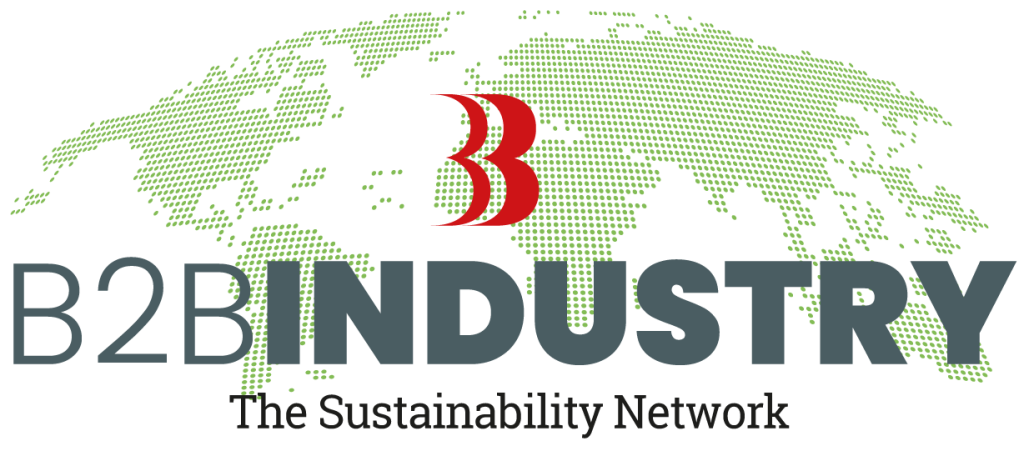The Portuguese textile industry is changing its strategy to recover from the complex pandemic situation and consolidate its competitiveness within the European panorama. High-volume productions and competitive prices are no longer enough to stand out in an increasingly competitive market, so efforts must be concentrated on the production of high-quality goods. A task that is anything but impossible for a nation with an expert, highly qualified manufacturing industry that is attentive to sustainability.
A renewed market
And sustainability is precisely the parameter that has prompted several brands to invest in the Portuguese textile industry in recent years. This dynamic has dictated a change in customers: Portuguese factories now work mainly for emerging brands and designers who require smaller order volumes than the textile giants but accept higher purchase prices, due to the high quality of fabrics and design.
The value of the Portuguese textile industry
By becoming less subject to large orders, the Portuguese textile industry has diversified its customer list and achieved greater operational autonomy.
But what is the scope of the Portuguese textile and clothing supply chain? Today it represents 9% of national exports, 8% of the turnover and production of the Portuguese manufacturing industry, employing about 9% of the workforce in this sector.
The data relating to exports in the sector translate into a total revenue of 6.122 billion euros and a +13% compared to the same figure in 2021.
The importing countries
Spain is Portugal’s main textile importing country, accounting for 34% of imports, followed by Italy (11%), China (9%), Germany (7%), India (6%), and France (6%).
Although the market figure for Spain remains substantial, it is decreasing. The big Spanish brands have turned more to the Moroccan and Turkish industries for the clothing sector.
Interest in Portuguese textiles has instead grown in France, where there is a 40% increase in imports between 2019 and 2022.
Future prospects
The Portuguese textile industry is preparing to lead a transition devoted to sustainability, thanks to the ability to adopt new processes, techniques, and technologies and invest in new machinery. The sector’s short-term goals focus on saving water, using renewable energy, improving traceability, and enhancing dyeing, printing, finishing, and recycling processes.
Source: in.fashionnetwork.com


